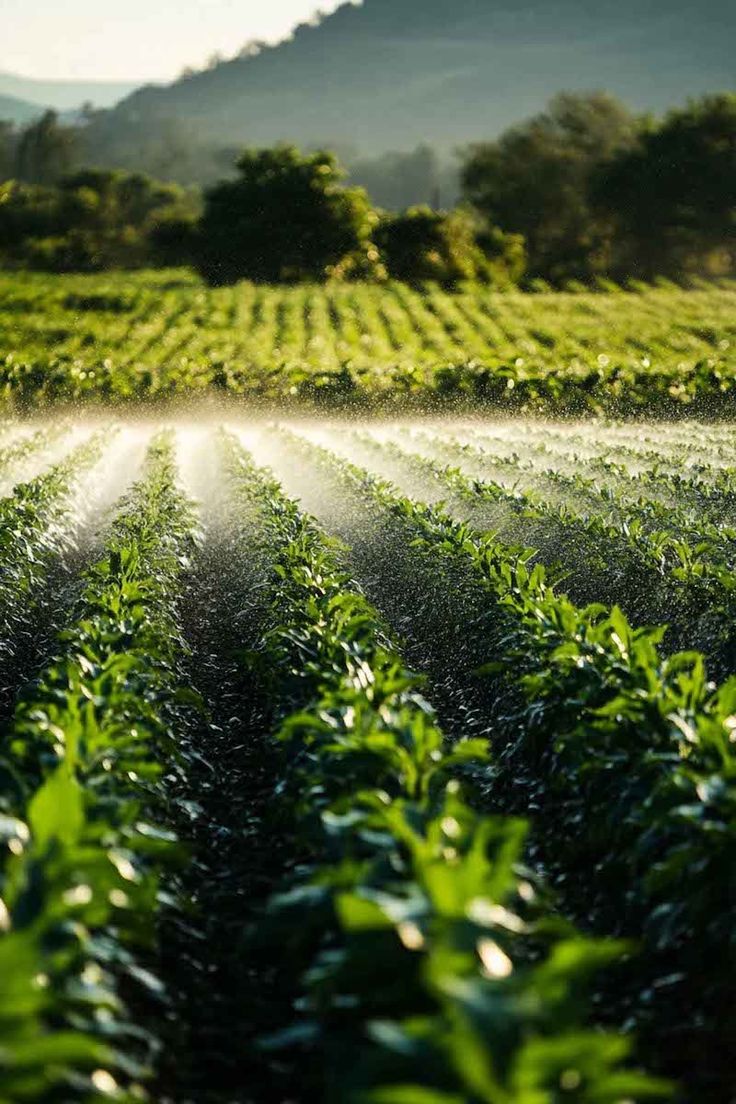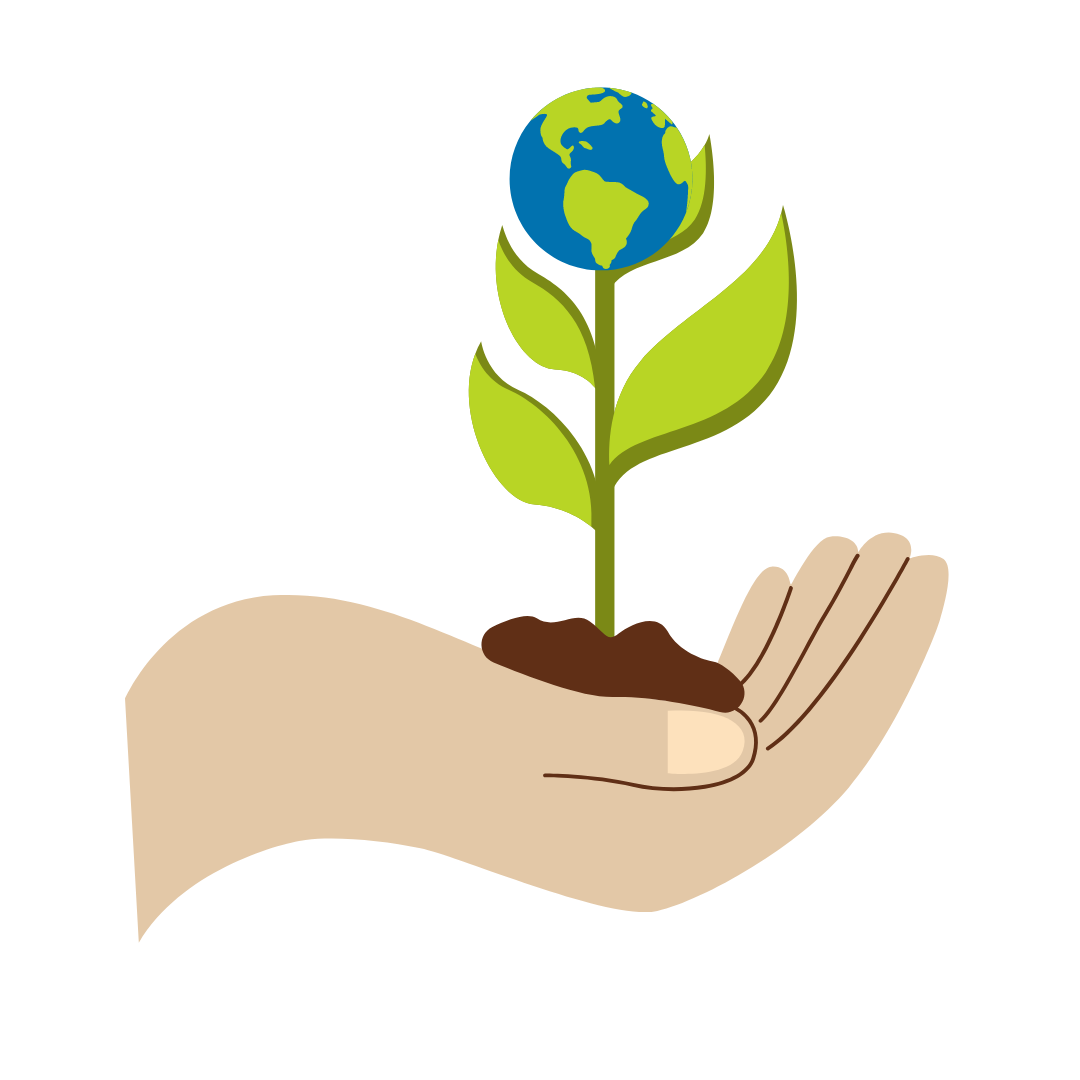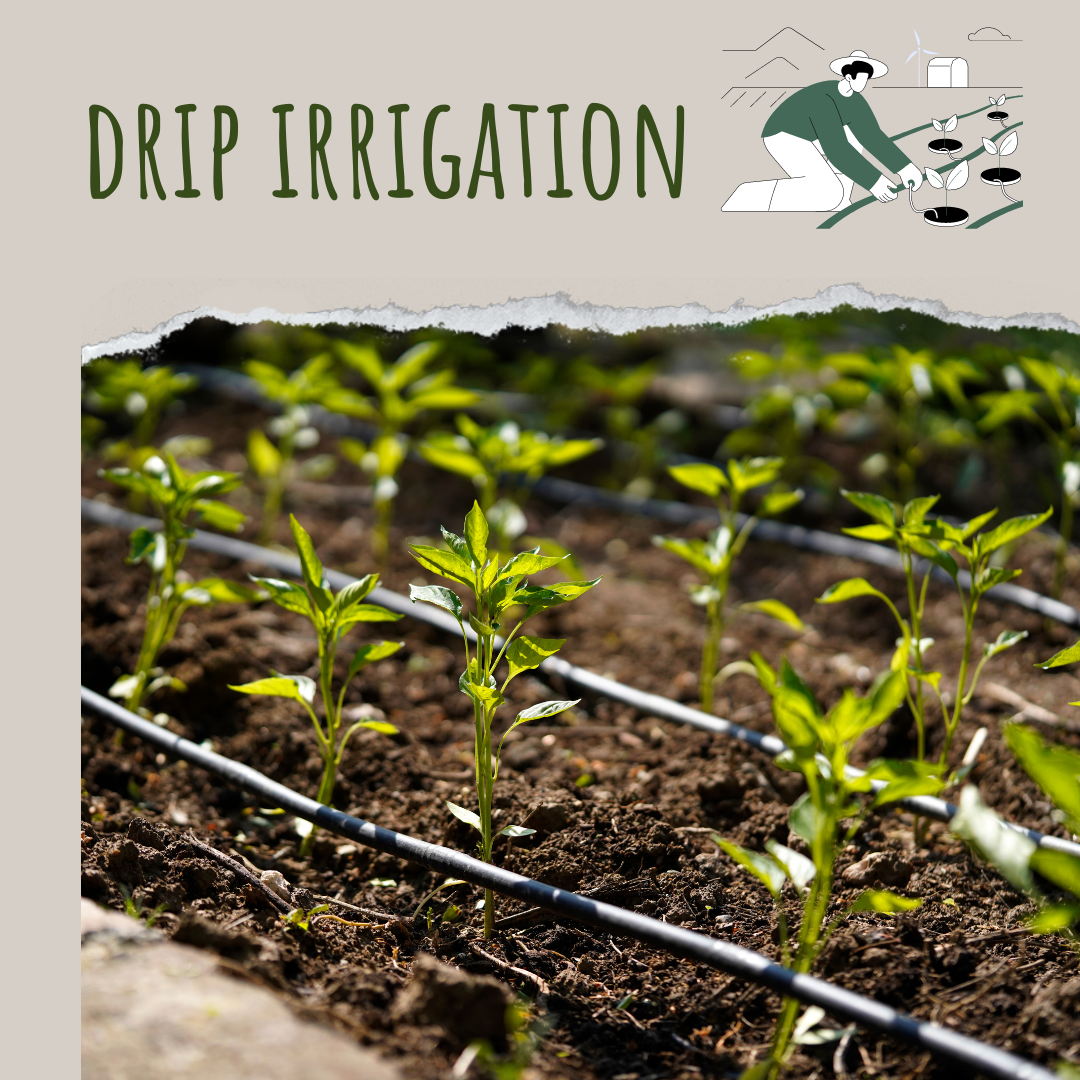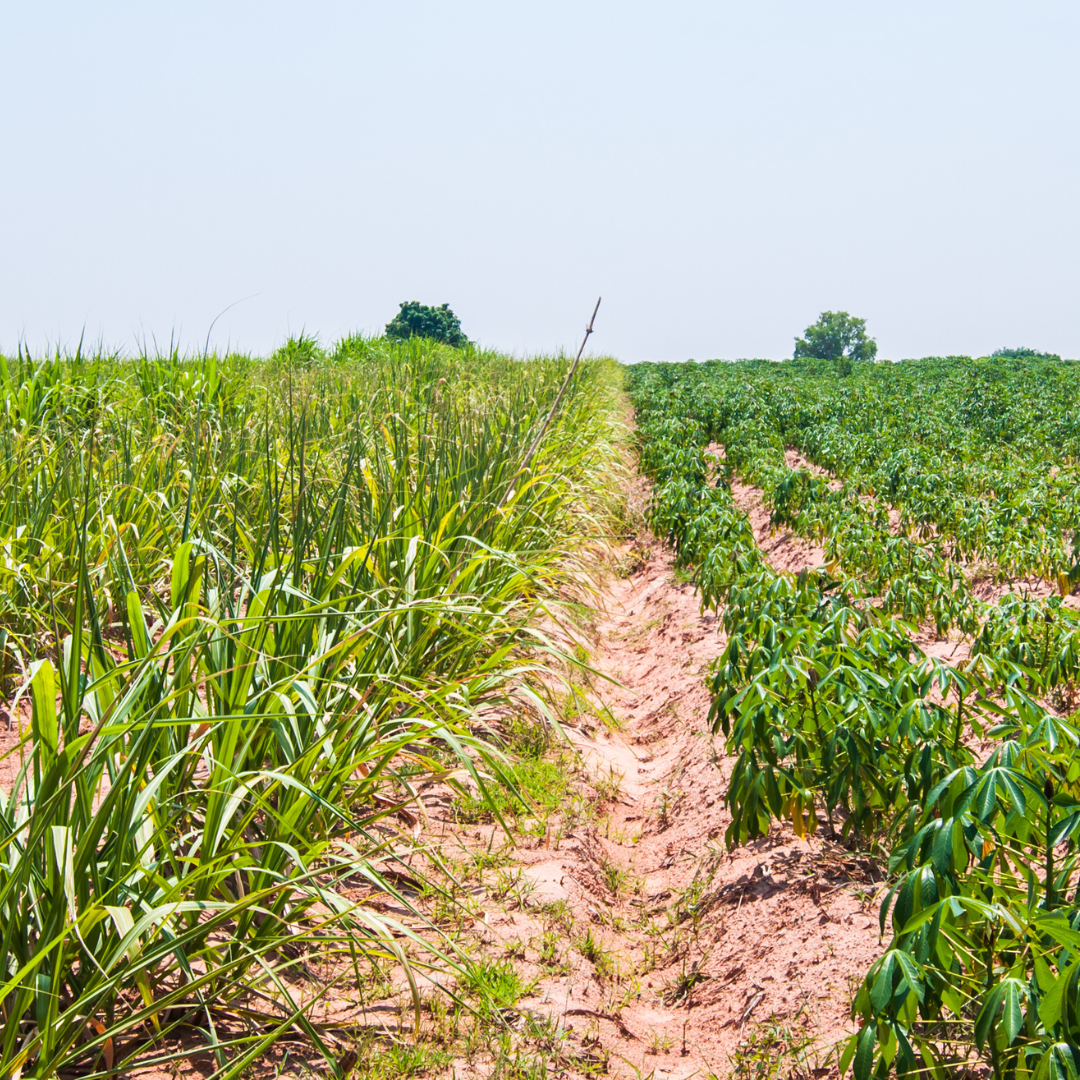Water is one of the most important resources in agriculture. Without it, crops can’t grow, and livestock can’t survive. However, with climate change and increasing demands on water resources, it is becoming more difficult for farmers to manage water effectively.
Sustainable water management is key to ensuring that agriculture remains productive while protecting this precious resource for future generations.

In this blog post, we will explore different water management strategies that farmers can use to make their practices more sustainable.
What is Sustainable Agriculture?
Before diving into water management strategies, it’s important to understand what sustainable agriculture means.
Sustainable agriculture is a farming approach that focuses on meeting the needs of the present without compromising the ability of future generations to meet their own needs.

It involves using natural resources, such as soil and water, in ways that are environmentally friendly and economically viable.
In sustainable agriculture, farmers aim to produce food in ways that protect the environment, improve soil health, conserve water, and support biodiversity. This approach helps ensure that farming can continue for many years without harming the planet.
Why is Water Management Important?
Water is a finite resource. That means there is only a limited amount available, and if we don’t manage it properly, it could run out or become too polluted for use.
Agriculture uses a lot of water. It is estimated that around 70% of the world’s freshwater is used for farming. As the global population continues to grow, so does the demand for food and, in turn, the water demand.

Proper water management is essential to making sure there is enough water for both farmers and the environment. When water is used efficiently, it helps improve crop yields, reduces water waste, and can even prevent soil erosion and degradation.
Sustainable water management also ensures that farmers can continue producing food without depleting or damaging local water sources.
Key Water Management Strategies for Sustainable Agriculture
There are several water management strategies that farmers can use to make their practices more sustainable. Below are some of the most effective ones:
1. Drip Irrigation
Drip irrigation is one of the most efficient ways to water crops. Instead of spraying water over large areas, which can lead to a lot of waste, drip irrigation delivers water directly to the roots of plants.

This helps to minimize evaporation and runoff, ensuring that the plants get exactly the amount of water they need.
In addition to conserving water, drip irrigation can improve crop health. Since the water is applied directly to the roots, plants are less likely to suffer from diseases caused by wet leaves or overwatering.
This method is particularly useful in arid and semi-arid regions where water is scarce.
2. Rainwater Harvesting
Rainwater harvesting involves collecting and storing rainwater for use in agriculture. This strategy is especially useful in areas where rainfall is seasonal or inconsistent.
Farmers can collect rainwater from rooftops, fields, and other surfaces and store it in tanks or ponds for later use.

By harvesting rainwater, farmers can reduce their reliance on external water sources, such as rivers, lakes, or groundwater. It also helps prevent water shortages during dry periods and ensures that water is available when it’s needed the most.
3. Soil Moisture Management
Soil is like a sponge that holds water for plants to use. When soil is healthy, it can retain more water, reducing the need for frequent irrigation. One way to improve soil moisture is by adding organic matter, such as compost or mulch, to the soil.

Organic matter helps the soil retain water for longer periods, reducing the need for irrigation and preventing water loss through evaporation.
Another way to manage soil moisture is through conservation tillage, a method where farmers reduce the amount of tilling or plowing they do. By disturbing the soil less, farmers can help it retain moisture, improve soil health, and reduce erosion.
4. Crop Rotation and Cover Crops
Crop rotation and cover cropping are farming techniques that can help with water management. In crop rotation, different types of crops are planted in the same field in different seasons.

This helps to break pest cycles, improve soil health, and conserve water.
Cover crops, on the other hand, are plants grown primarily to protect and improve the soil between growing seasons. Cover crops can help reduce water evaporation from the soil, improve water infiltration, and prevent soil erosion. By keeping the soil covered, they also reduce the need for irrigation, helping farmers conserve water.
5. Using Drought-Resistant Crops
Another effective water management strategy is planting crops that are better suited to dry conditions. Drought-resistant crops have been bred or genetically modified to require less water, making them ideal for regions with limited water supplies.
Some examples of drought-resistant crops include sorghum, millet, and certain varieties of maize and wheat.
By choosing crops that are better adapted to dry conditions, farmers can reduce their reliance on irrigation and make better use of available water resources.
6. Efficient Water Use in Livestock Farming
Water management is not just important for crops but also livestock. In livestock farming, water is used for drinking, cleaning, and cooling animals, as well as for growing feed.
By using water more efficiently, livestock farmers can reduce their water consumption and minimize their environmental impact.
One way to improve water use in livestock farming is by using automated water systems that deliver water only when needed. Farmers can also reduce water usage by recycling wastewater and using it to irrigate feed crops.
7. Water Recycling and Reuse
Water recycling and reuse involve treating wastewater from farms and reusing it for agricultural purposes. This helps reduce the demand for fresh water and ensures that valuable nutrients in the water are not wasted.

For example, farmers can collect and treat water that has been used for cleaning equipment or washing crops and reuse it for irrigation. This practice not only conserves water but also helps reduce pollution by preventing wastewater from being discharged into rivers or lakes.
The Role of Technology in Water Management
Advances in technology have made it easier for farmers to manage water more efficiently. For example, soil moisture sensors can help farmers monitor the amount of water in their fields and determine when irrigation is needed.

Drones and satellite imaging can be used to identify areas of a farm that require more or less water, allowing for targeted irrigation.
Smart irrigation systems use data from weather forecasts, soil sensors, and plant growth stages to deliver the right amount of water at the right time. These systems help farmers avoid overwatering or underwatering their crops, leading to better water conservation and healthier plants.
Conclusion
Water management is critical for sustainable agriculture. By using strategies like drip irrigation, rainwater harvesting, and soil moisture management, farmers can reduce their water use while still maintaining healthy crops and livestock.
Planting drought-resistant crops, using water more efficiently in livestock farming, and recycling water are other effective ways to conserve this precious resource.

With careful water management, farmers can protect the environment, save money, and ensure that agriculture remains sustainable for generations to come. The key is to adopt practices that use water efficiently and reduce waste, while also maintaining soil health and biodiversity.
By doing so, farmers can continue to grow food without compromising the future.
